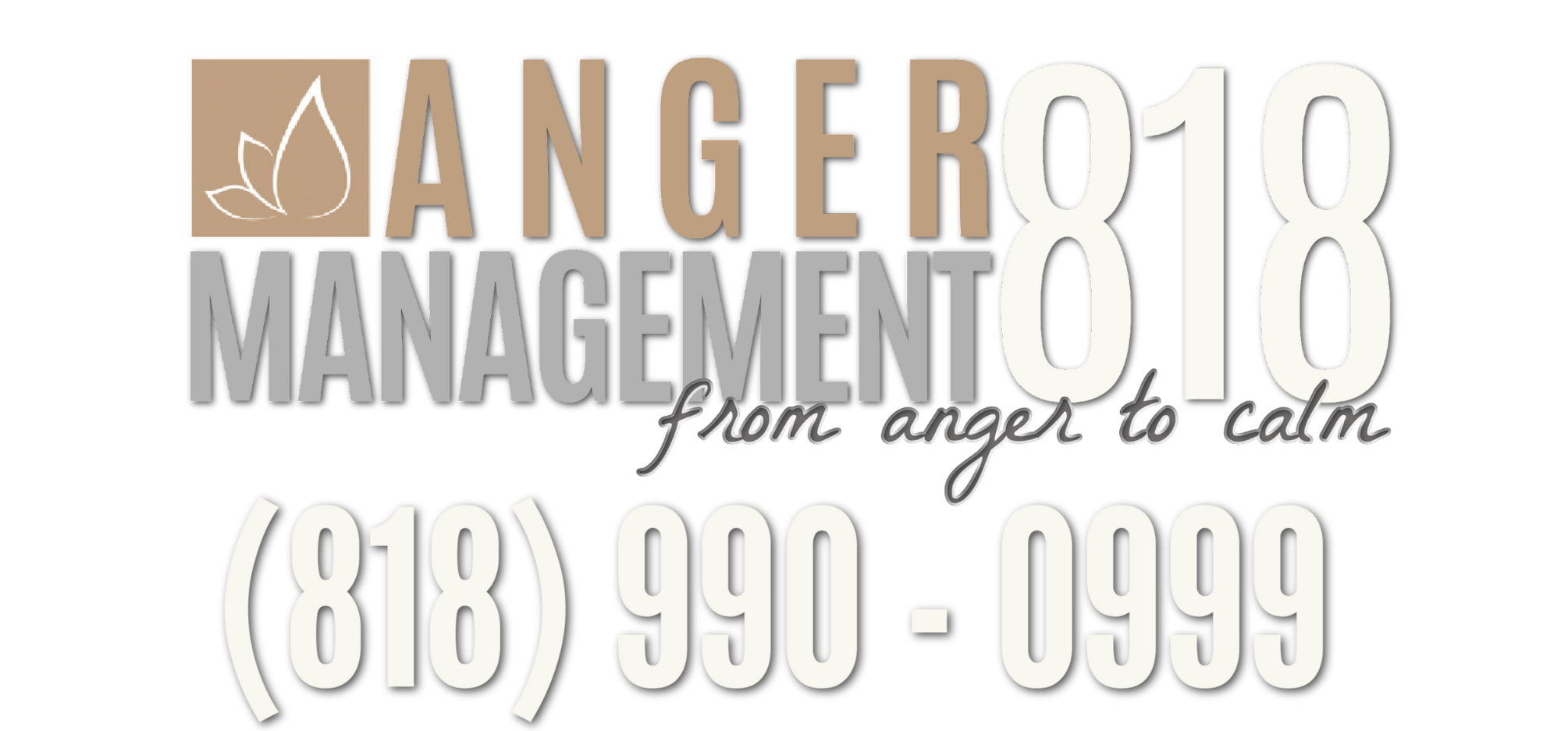Did you know that there are three parts to a relationship? Relationships are made up of the “you”, the “us”, and the “me”. Many times people in relationships place the focus and the emphasis on the “you” or on the “us”. This means that they are constantly focused on what the other person needs or what the relationship needs, rather than on their own needs. When this happens feelings of resentment and anger towards the “you” and the “us” may emerge in one or both partners.
People who place too much emphasis and focus on the “you” are continually looking for ways to please their partner. If their partner is happy, then they are happy too. If their partner is suffering, then they are suffering too. Individuals who focus too much on the “us” are searching for a way to make the relationship the solution to their personal issues. An example of this is when a person believes that their own personal struggles or shortcomings will be mended if they find a “perfect” relationship. When a person focuses on the “you” or the “us” and loses site of the “me”, they are vulnerable to feeling anger and resentment towards the “you” or the “us”.
A person who is unable to focus on their own feelings and needs, may at times say things such as “how could he do this to me, after everything I have done for him!” or “If only this relationship was perfect, then I would be happier and my problems would be fixed!” When a person begins to feel that they are sacrificing themselves for the better good of the relationship and the outcome is not what they expected, they are likely to have feelings of anger towards their partner and towards their relationship. Individuals who are confrontational may engage in argumentative behaviors when they start to feel neglected, whereas, others may behave in passive-aggressive behaviors towards their partner. Whether the person is actively confronting their partner or acting in a passive-aggressive manner, they often have feelings of anger and resentment that are beginning to build up. It is only a matter of time before those feelings begin to create problems in the relationship.
Here are a few things you can do if you find that you are in a relationship where you are beginning to act in aggressive or passive-aggressive ways towards your partner due to your unmet needs. First, take a step back from the relationship and realize that other people are not responsible for the way you think, feel, or act. You and you alone are responsible for the way you think, feel, and act. When you are able to recognize that this is your responsibility you can begin to acknowledge your needs. This may be challenging at first, especially if you are used to focusing on other people before focusing on yourself.
After you are able to take responsibility for your thinking, feeling, and acting, it is important to recognize that you are not responsible for your partner’s thinking, feeling, or acting. Your partner is responsible for how they think, feel, and act. In a healthy relationship, people do not blame each other for how they think, feel, or act. In a healthy relationship, both individuals are able to take responsibility for their thinking, feeling and acting. This opens the door to discussing feelings and allows for growth within the relationship.
If you feel that you and you alone are responsible for the success of your relationship, you are placing an immense amount of pressure on yourself. If you spend all of your time focusing on the other person or on the needs of the relationship, you are acting in self-neglecting ways. You may find yourself feeling immensely lonely, misunderstood, and confused because your efforts are not resulting in the outcome that you desire. You may begin to feel used and taken advantage of. All of these feelings may lead to anger.
Remember that healthy relationships are challenging to maintain and take lots of time and commitment, as well as practice and dedication. It takes two healthy “me’s”, who are willing and able to take responsibility for themselves to create a healthy “us”.
Erika Krueger is a Licensed Marriage and Family Therapist, as well as an Anger Management 818 Facilitator. She is practicing in Tarzana and Sherman Oaks, California and specializes in anger management and addiction and recovery. For more information please visit www.angermanagment818.com.


